Revision, Revival, Re-evaluation … ‘Re’ words in British Women’s Writing between 1930 and 1960
Revision; Revival; Re-evaluation; Recovery; Resistance; Retrenchment; Reclamation; Rebellion; Rediscovery; Resignation; Rescue; Revolution…
A One-day Conference at the University of Hull
June 24th. 2016
Co-organised by Dr Jane Thomas and Sue Kennedy
Department of English
The period of women’s literary history between 1930 and 1960 is beginning to receive the closer attention of literary scholars, feminists and cultural historians. It is a period characterised in many ways by the prefix ‘re’; emblematic of the persistent impulse for re-evaluation of women’s writing that occupies an uncertain, liminal place in relation to the canon.
Located in the ‘no-man’s land’ recently labelled ‘intermodernism’ by Kristin Bluemel and others, the work of women writers in the period between 1930 and 1960 has been too easily overlooked in assessments of large movements in literature. Situated after the Women’s Suffrage movement, World War One, and high modernism, it remains distinct from the Auden generation, but precedes the appearance of the ‘kitchen sink’, the ‘sexual revolution’, and the woman’s ‘confessional novel’. The thirty-year time-span nonetheless encompasses the destabilisation of Europe, total war, recovery, reconstruction and reform. Whether and how such experiences influenced, implicitly or explicitly, the creative output of the woman writer is a key question for the conference.
While the range and quality of fiction, drama and poetry by British women is attracting more extensive scholarly attention, there is also a growing appreciative audience of what one might call ‘common readers’. It would seem timely now to harvest opinion and analyses of a diverse range of women-authored writing in a broad-based forum. The event will have an interdisciplinary element, welcoming delegates from literary studies, feminist studies, life writing, film, and cultural history, as well as engaging the enthusiastic reader. In addition to celebrating the diversity of women’s writing it is hoped to identify ‘vital figures and cultural forms that disappear in discussions of modernism or postmodernism’ (Bluemel: 6).
We invite abstracts of up to 250 words for papers of no more than 20 minutes or panels of three associated papers which could include any of a broad range of related issues. Please include brief biographical details.

